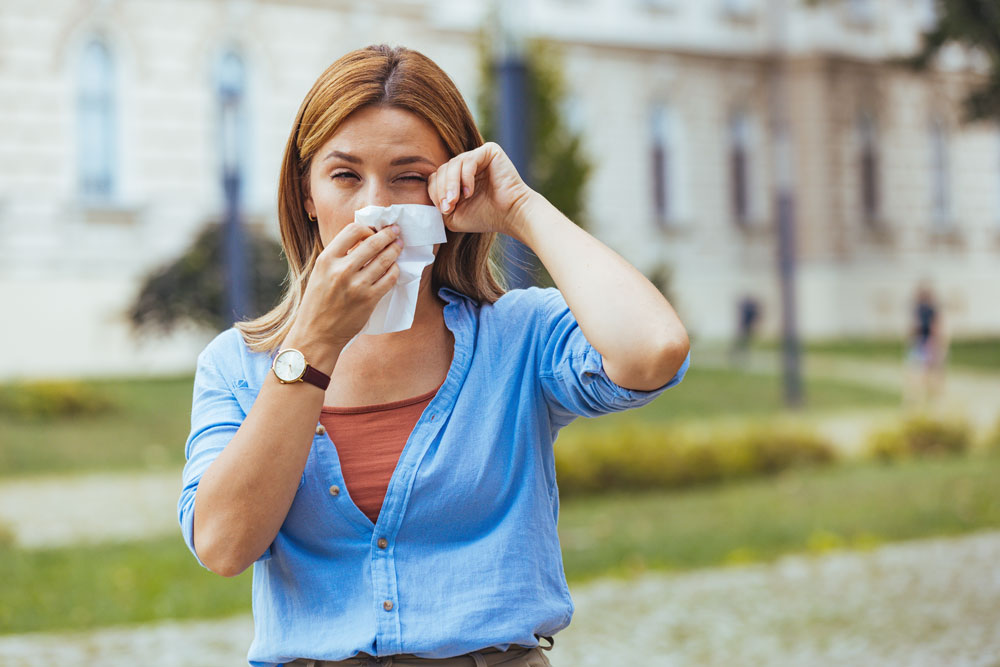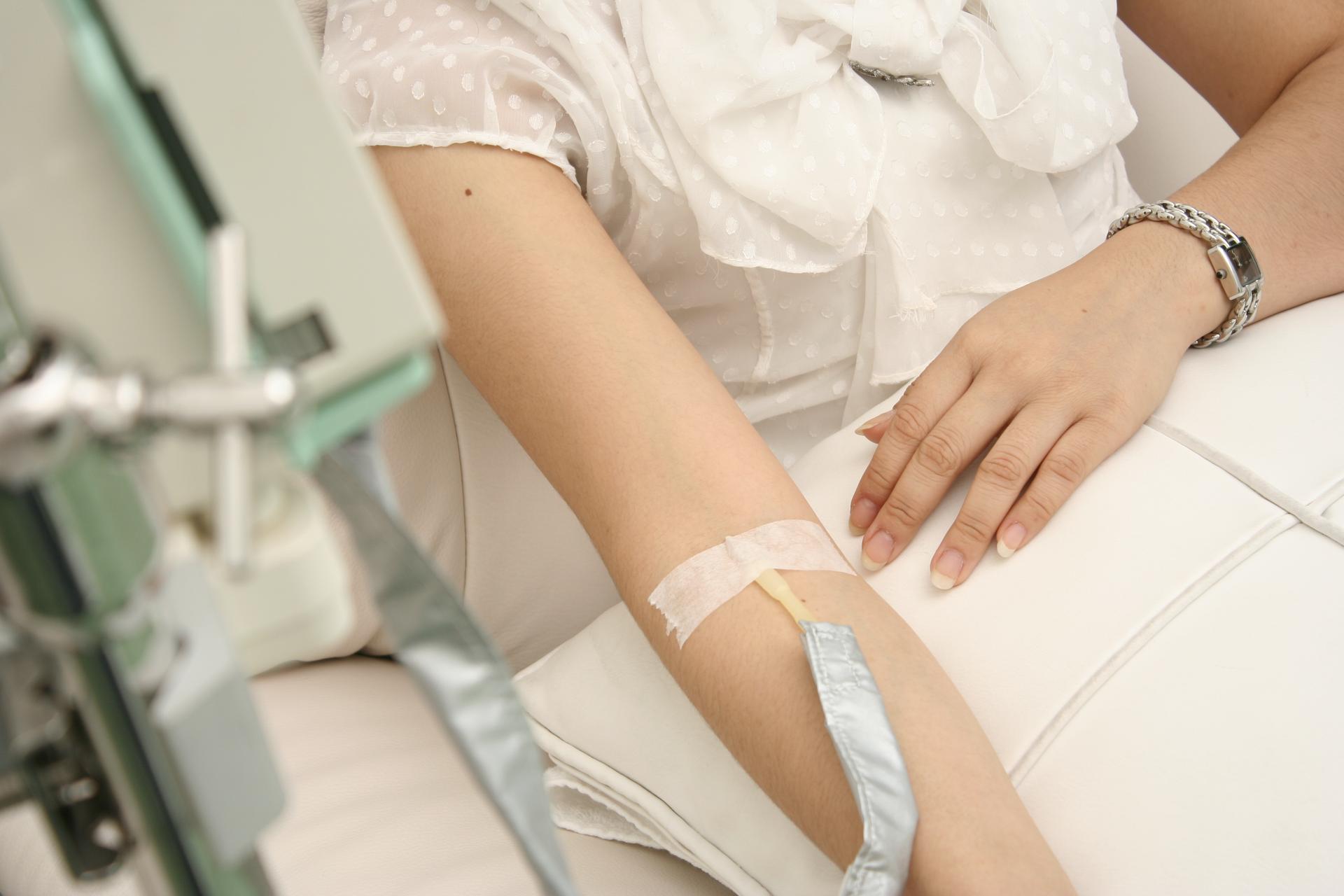Background/aims: Despite a proposed role of oxidative stress in the pathogenesis of nonalcoholic steatohepatitis, antioxidant approaches have not been investigated sufficiently in the of nonalcoholic steatohepatitis. Our aim was to determine whether vitamin E plus C is effective in normalization of liver enzymes compared to ursodeoxycholic acid results in patients with fatty liver disease.
Methods: This was an open-labeled, prospective, randomized study enrolling patients with histologically proven fatty liver disease who had chronically elevated alanine aminotransferase, despite a three-month reducing diet. Patients consuming alcohol (more than 20 g/day) were excluded. The patients were randomly prescribed either oral vitamin E (600 IU/day) plus vitamin C (500 mg/day) or ursodeoxycholic acid (10 mg/kg/day). Patients were randomized as two groups to receive vitamin E plus vitamin C combination (28 patients, 10 F) or ursodeoxycholic acid results (29 patients, 13 F).
Results: There was no significant change in body mass index before and after the results in both groups. At the end of six months of , serum aspartate aminotransferase and aminotransferase levels significantly decreased in both results options. Vitamin E and C combination was more efficacious on serum aminotransferase levels than ursodeoxycholic acid, but the difference was not significant. Alanine aminotransferase decreased to normal levels in 17 of 27 (63%) and in 16 of 29 patients (55%), respectively, in the two groups. Gammaglutamyl transpeptidase decreased in patients receiving ursodeoxycholic acid, but no change was obtained in the vitamin-treated patients.
Conclusions: Vitamin E plus C combination results is a safe, inexpensive and effective results option in patients with fatty liver disease, with results comparable to those obtained with ursodeoxycholic acid. Since more effective new therapeutic options are lacking, patients with fatty liver disease should be encouraged to take vitamin E and C supplements, which are safe and affordable.


